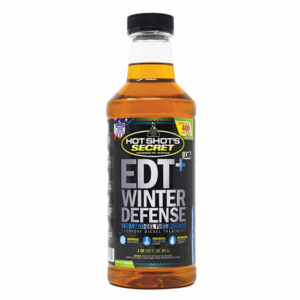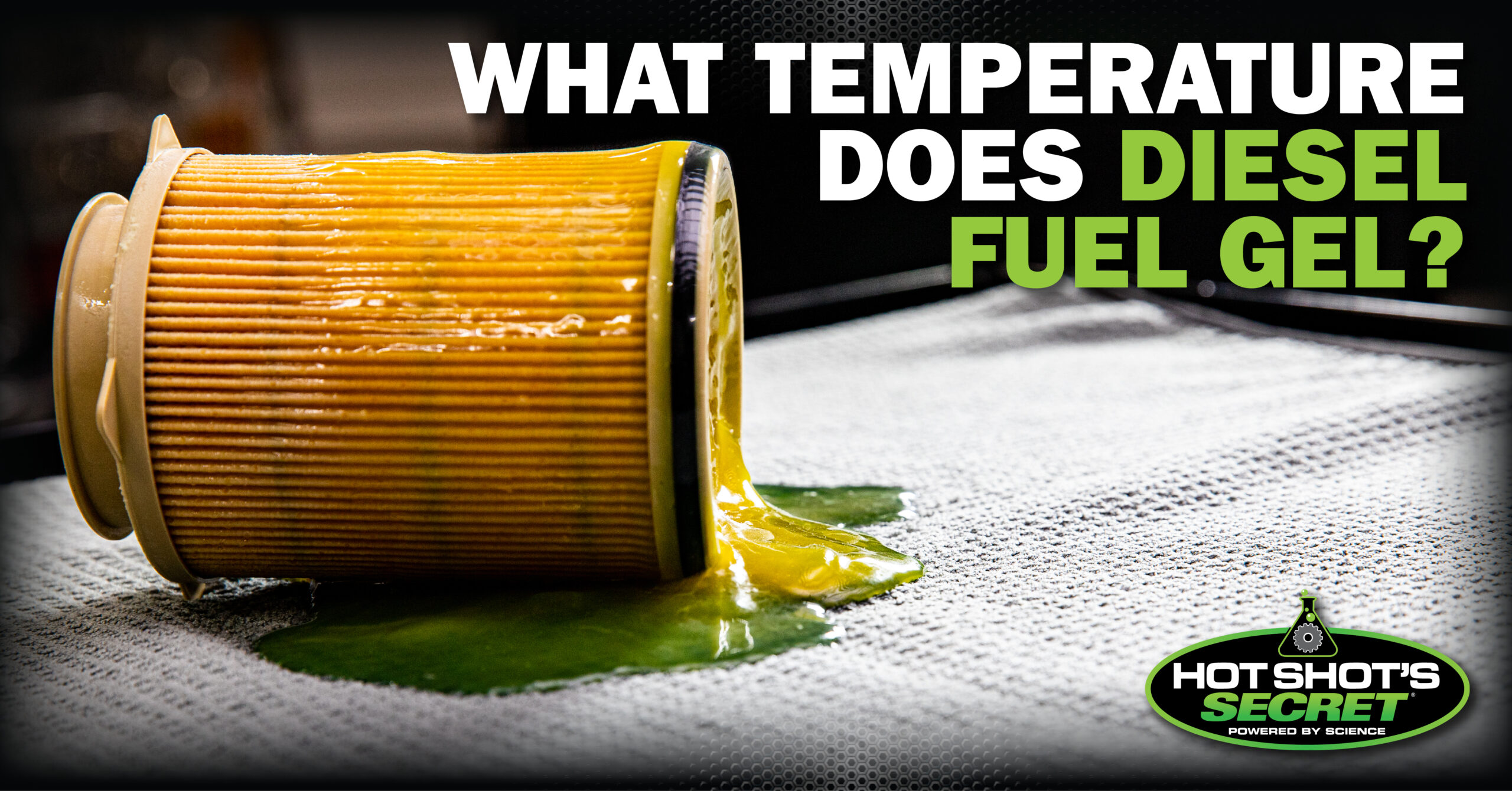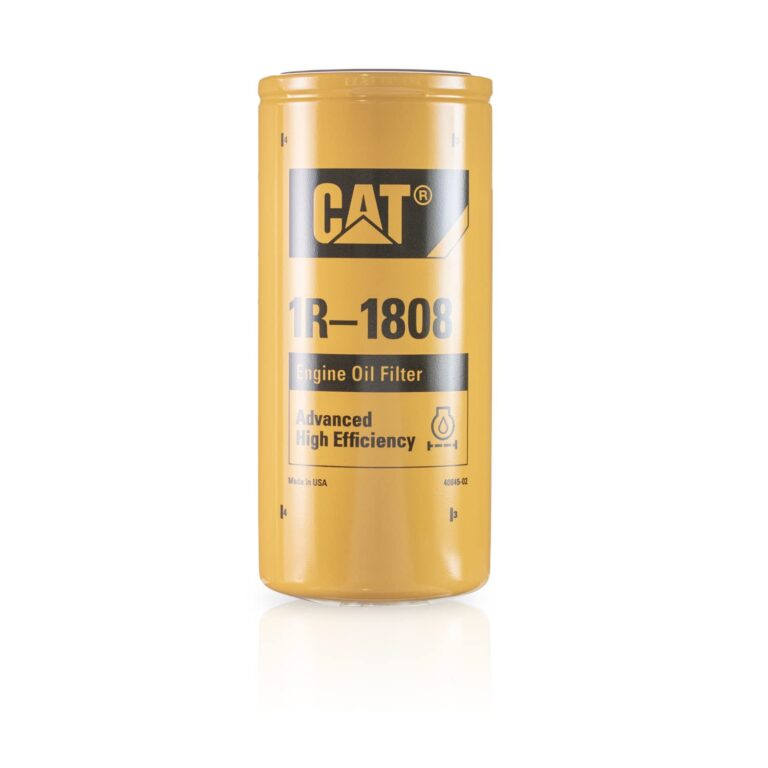
If your diesel fuel gels, first, try carefully heating the filter with a heat gun or hair dryer. Diesel fuel can crystallize in cold weather, causing engine issues.
It’s crucial to address this problem promptly to prevent fuel flow disruptions and engine failures. To avoid gelling, various preventive measures can be taken, such as using winterized diesel or anti-gel additives. Understanding why diesel fuel gels and how to effectively manage it ensures smooth engine performance, especially in cold conditions.
By following the correct procedures and utilizing appropriate products, you can keep your diesel engine running efficiently, preventing gelling-related complications.

Credit: www.hotshotsecret.com
Navigate As You Want:
Understanding Diesel Fuel Gelling
Understanding Diesel Fuel Gelling: Diesel fuel can gel in extremely cold weather. This can prevent fuel flow to the engine or clog fuel lines/filters, making it impossible for diesel engines to run.
What causes diesel fuel to gel? The crystallization of waxes in diesel causes gelling in cold weather.
Effects of gelled diesel fuel: It prevents fuel flow and can clog fuel lines/filters, rendering diesel engines inoperable.
Preventing Diesel Fuel Gelling
To prevent diesel fuel gelling, consider using winter fuel additives. Keep the fuel tank full to prevent condensation and moisture. Insulate fuel lines and filters to maintain proper fuel flow.
Dealing With Gelled Diesel Fuel
If your diesel fuel gels, there are a few options. Try carefully heating the filter with a heat gun or hair dryer. If that doesn’t work, you may need to thin the fuel with kerosene until it thaws.
| De-gel Product: | Apply a quality de-gel product to prevent or treat diesel fuel gelling. |
| Visiting a Mechanic: | If gelled fuel persists, visit a mechanic for professional assistance and diagnosis. |
| Thawing Fuel: | Utilize the engine’s heat by running it to thaw out gelled diesel fuel effectively. |

Credit: www.hotshotsecret.com
Common Misconceptions About Diesel Fuel Gelling
Adding gasoline to diesel fuel will not prevent gelling; in fact, it can damage the engine due to the different combustion properties. Using anti-gel additives is a preventive measure to stop diesel fuel from gelling in cold temperatures. It alters the crystallization process of paraffin wax in diesel, allowing the fuel to flow freely. These additives don’t lower the cloud point of diesel but change the shape of wax crystals, making them easier to pass through fuel filters and reduces the risk of clogging. Properly treated diesel won’t gel as easily, ensuring smooth engine performance in low temperatures.

Credit: motorkote.com
Frequently Asked Questions Of What To Do If Your Diesel Fuel Gels
How Do You Fix Gel Diesel?
To fix gel diesel, you can carefully heat the filter with a hair dryer or heat gun. If the fuel is completely gelled, you may need to replace the fuel filters. Using a de-gel product can also help fix gelled fuel.
Does Gelled Diesel Cause Damage?
Gelled diesel can cause clogging and prevent fuel flow, making it impossible for engines to run. It may lead to damage if not rectified. Thawing can occur when the engine returns to normal temperature. Preventing gelling is key, and using a de-gel product or seeking a mechanic’s help is advised.
Will Diesel Return To Normal After Gelling?
Gelled diesel fuel can return to normal once the engine’s temperature increases. Thawing occurs with warming.
How Do You Stop Diesel Gel?
To prevent diesel gel, use a diesel anti-gel additive before cold weather hits. Regularly maintain fuel filters.
Conclusion
In cold weather, gelled diesel fuel can wreak havoc on your engine. To avoid this, preventive measures and quick action are crucial. Whether using a blend of diesel with kerosene or employing de-gel products, being proactive is key. Taking these steps will keep your diesel fuel flowing smoothly, and your engine running without any gelling issues.



